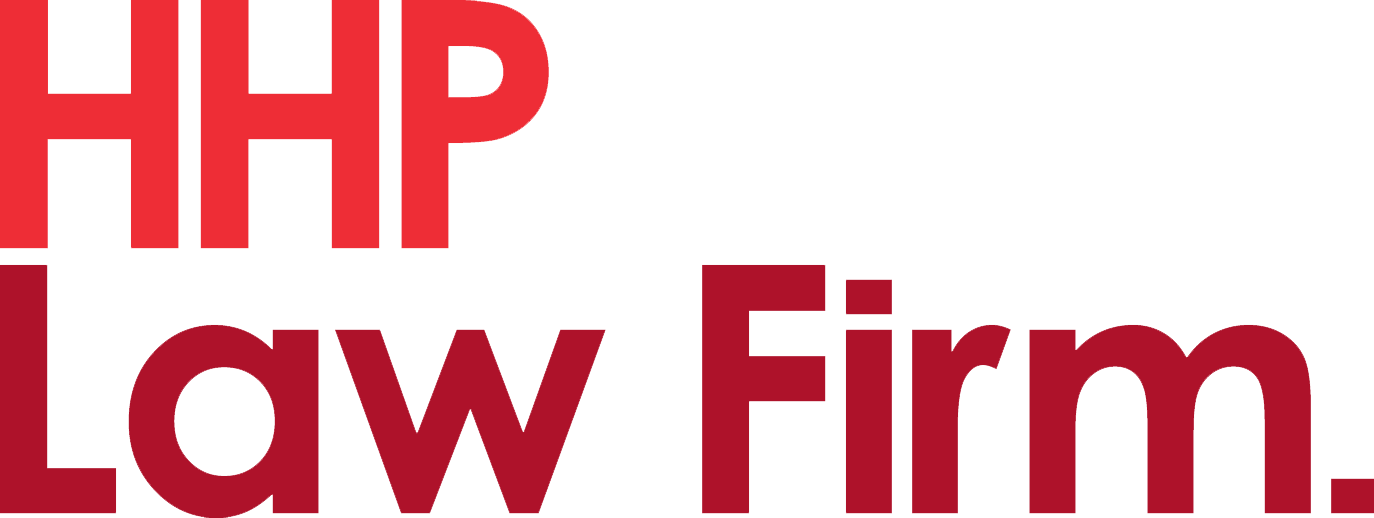In brief
The Indonesian Competition Commission (Komisi Pengawas Persaingan Usaha (KPPU)) issued KPPU Regulation No. 3 of 2023 on Merger Filing Procedures (“New Merger Control Regulation“), which replaced KPPU Regulation No. 3 of 2019 on the same matter. The New Merger Control Regulation became effective as of 31 March 2023, and it regulates administrative, procedural and substantive aspects of merger control. All filings from April 2023 onwards will be subject to the New Merger Control Regulation, including for transactions that had closed before 31 March 2023 but had not been filed.
In addition, a new Governmental Regulation No. 20 of 2023 on Non-Tax Revenue Applicable to KPPU (“GR Filing Fees“) was also issued on 5 April 2023 and effective as of 5 May 2023 regulating that merger filings will be subject to a filing fee. Further, the KPPU revoked KPPU Regulation No. 4 of 2012 on Imposition of Fine Procedures for Late Merger Filing (“KPPU Regulation 4 of 2012“).
We outlined the expected key changes in our previous client alert, those are now confirmed. We now set out below other details provided in the New Merger Control Regulation and GR Filing Fees.
Contents
- Time restriction on merger filing submission through the KPPU electronic portal
- Reversal of notification threshold criteria
- Emphasis on change of control
- Verbal pre-filing consultation
- Initiative assessment of late merger filing
- For problematic transactions, business actors may negotiate remedies proposed by KPPU
- Notifying party must pay merger filing fee
- Revocation of separate procedure for trying late merger filing cases
Time restriction on merger filing submission through the KPPU electronic portal
All merger filings are to be submitted through an electronic portal, i.e., here. However, the portal is not yet operational as of the publication of this article.
The merger filings should be submitted on working days (excluding public holidays and civil servant mass leave days), between 9 am and 2 pm, Jakarta time. This time period is stricter than the previous procedure, where merger filings could be made through email to the KPPU team at any time before the deadline.
Due to the above time restriction, we need to be more cautious on submitting filing close to the deadline of 30 working days from the closing of the transaction. Please note that by KPPU practice the closing date is included in calculating this deadline.
Filings which are to be made before the electronic portal becomes operational can still be made via the email address.
Reversal of notification threshold criteria
As noted in our previous client alert, KPPU restates the dual nexus requirement for an offshore transaction to be notifiable in Indonesia (i.e., both parties of a transaction had to have a connection with Indonesia) and narrowed down the definition of assets for calculating filing thresholds to include only Indonesian assets.
The sales and assets value thresholds remain the same, i.e., IDR 2.5 trillion of Indonesian assets value and IDR 5 trillion of Indonesian sales value.
The values that should be used are the values of the financial year immediately preceding the date of the transaction.
Emphasis on change of control
If the notifying party, i.e., the acquirer, acquired less than or equivalent to 50% shares in the target company, the notifying party is required to submit a list of the members of the management in the target company and their respective nominating shareholders and documents explaining the control of the target company before and after the transaction at the initial filing.
Previously, this information was usually requested after the initial filing had been made to assist KPPU to assess the change of control in the target company. Now it is required as part of the initial filing.
Verbal pre-filing consultation
The new regulation introduces verbal pre-filing consultation for business actors to obtain preliminary information on proposed acquisitions, mergers or consolidations. However, the output of the verbal consultation cannot be used as a basis for assessing the notification itself. To get a more definitive ruling, formal pre-closing written consultation is still available, but the process and amount of data required are the same as post-closing notification.
Initiative assessment of late merger filing
The KPPU has the authority to identify any transactions that should be notified to the KPPU, but has not been notified by the relevant by business actors.
The New Merger Filing Regulation identifies that KPPU can now use the information provided in the related filings as the basis for commencing late merger filing investigations (e.g., discrepancy of the subsidiaries controlled by the notifying party, mention of previous transactions).
For problematic transactions, business actors may negotiate remedies proposed by KPPU
For potentially problematic transactions, the relevant business actors have the right to refuse or partially refuse the remedies and the implementation period proposed by KPPU. If business actors partially refuse the remedies proposed by KPPU, KPPU will conduct an examination to request further information on the reason for the refusal. In this process, the business actors should present their legal, economic and/or technical reasoning for refusing KPPU’s proposal. The business actors may then submit a revised remedies proposal for the KPPU’s consideration.
Notifying party must pay merger filing fee
The GR Filing Fees includes merger filings assessments as a subject to non-tax state revenue. The fees are imposed only to the notifying party that fulfilled the notification criteria. An upper limit of the fees is IDR 150 million and the fees is calculated with the following formula:
| 0.004% x (assets or sales values, whichever being the lower) |
The assets and sales values are calculated based the sum of assets or sales values of the following entities:
- The surviving entity in a merger, the resulting entity in a consolidation, or the business entity acquiring a company and the target company.
- All business entities directly or indirectly control or being controlled by any of the above business entity(ies).
With some considerations (e.g., supporting micro, small and medium enterprises development, force majeure and government policy), the tariff imposed can be as low as IDR 0 or 0%, with a further KPPU regulation to sets out the criteria and conditions, as well as approval from the Minister of Finance.
Revocation of separate procedure for trying late merger filing cases
KPPU Regulation 4 of 2012 sets out a separate and different procedure for examining late merger filing cases. In reality, for some time now, KPPU no longer applies this separate procedure but this rule is still in their book. In essence, this is just a case of KPPU tying a few loose ends.
* * * * *

© 2023 HHP Law Firm. All rights reserved. HHP Law Firm is a member firm of Baker & McKenzie International. This may qualify as “Attorney Advertising” requiring notice in some jurisdictions. Prior results do not guarantee a similar outcome.






